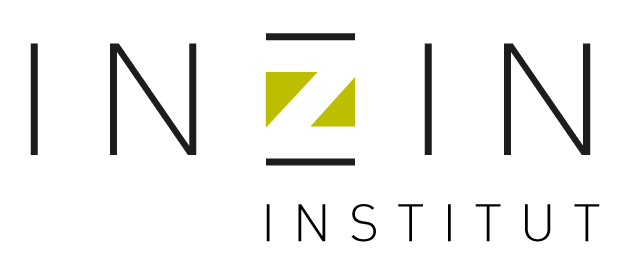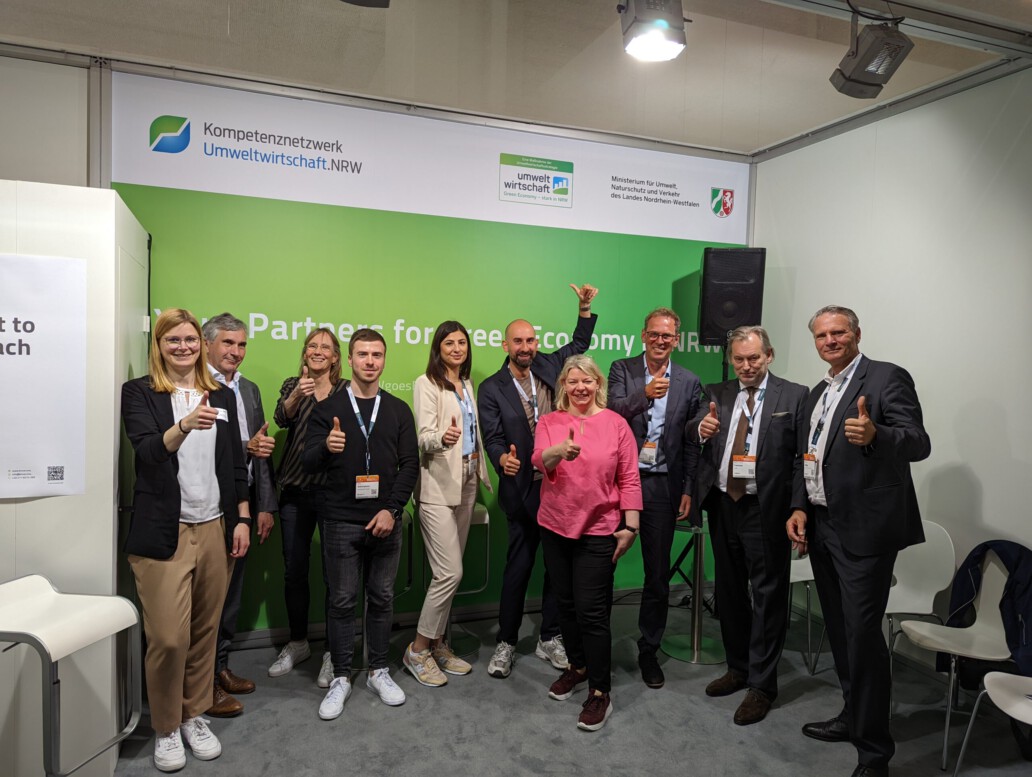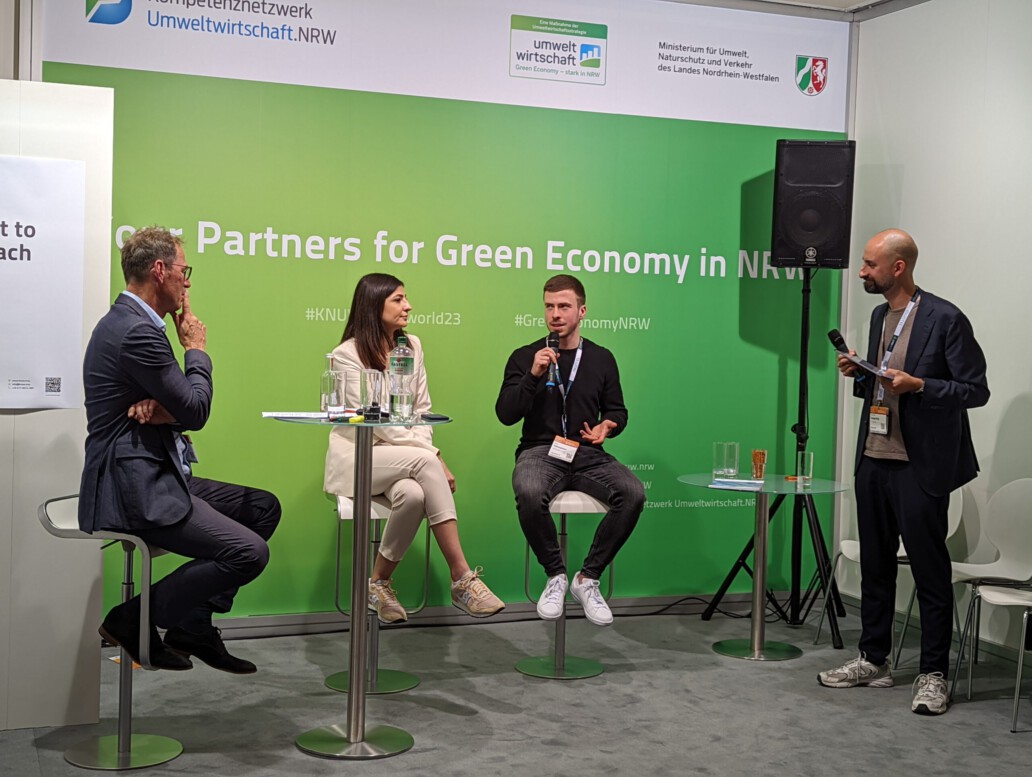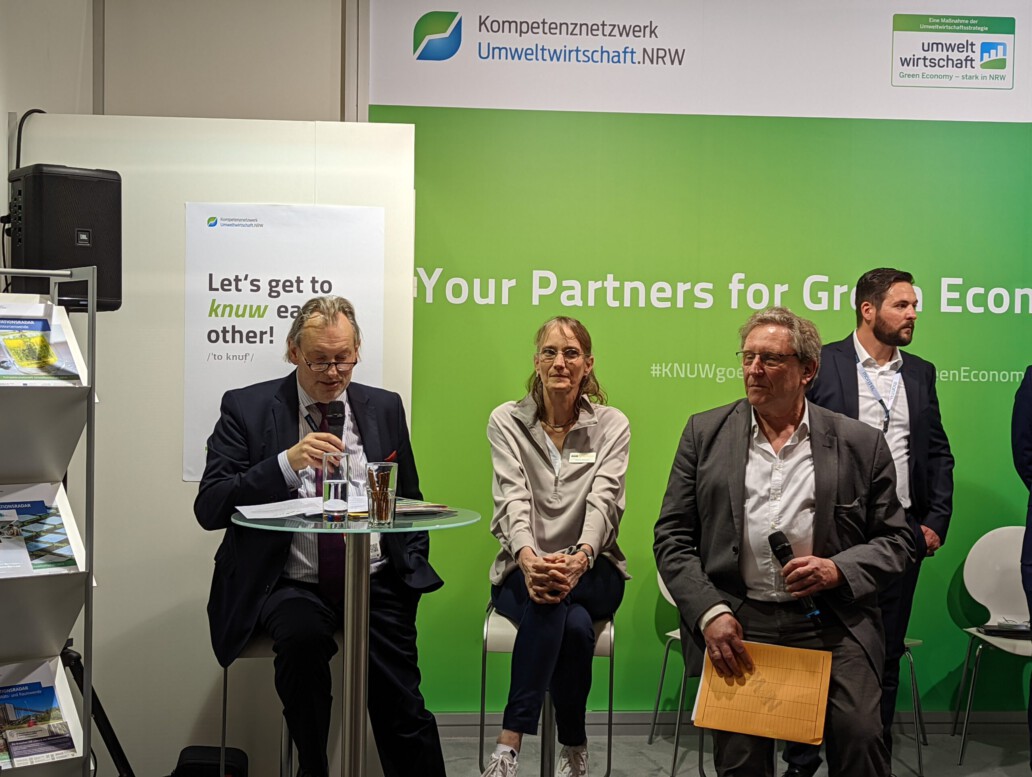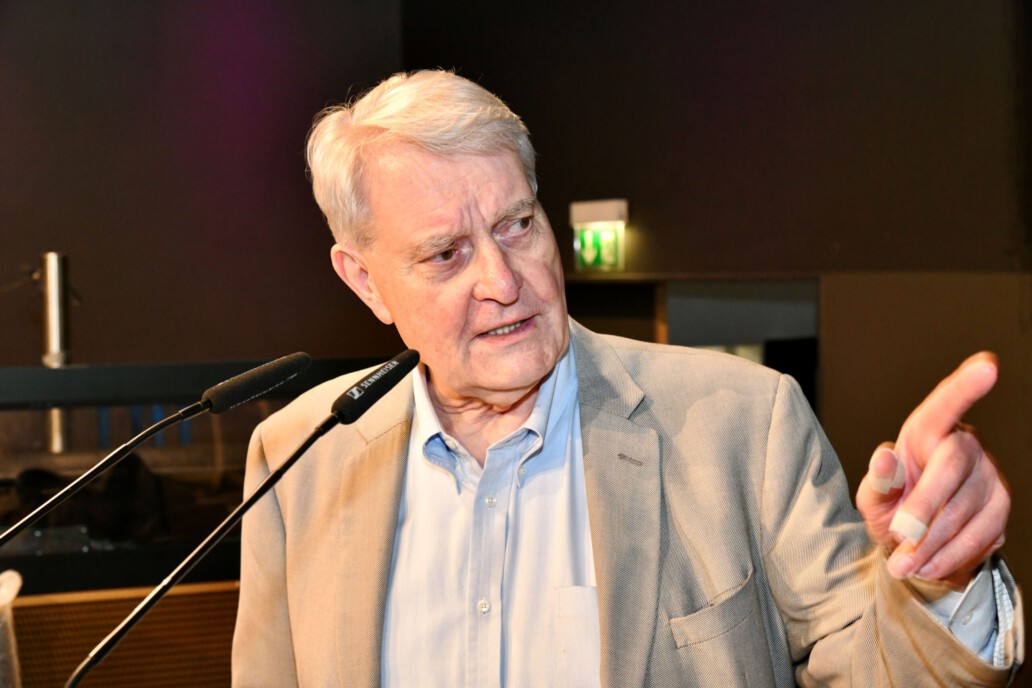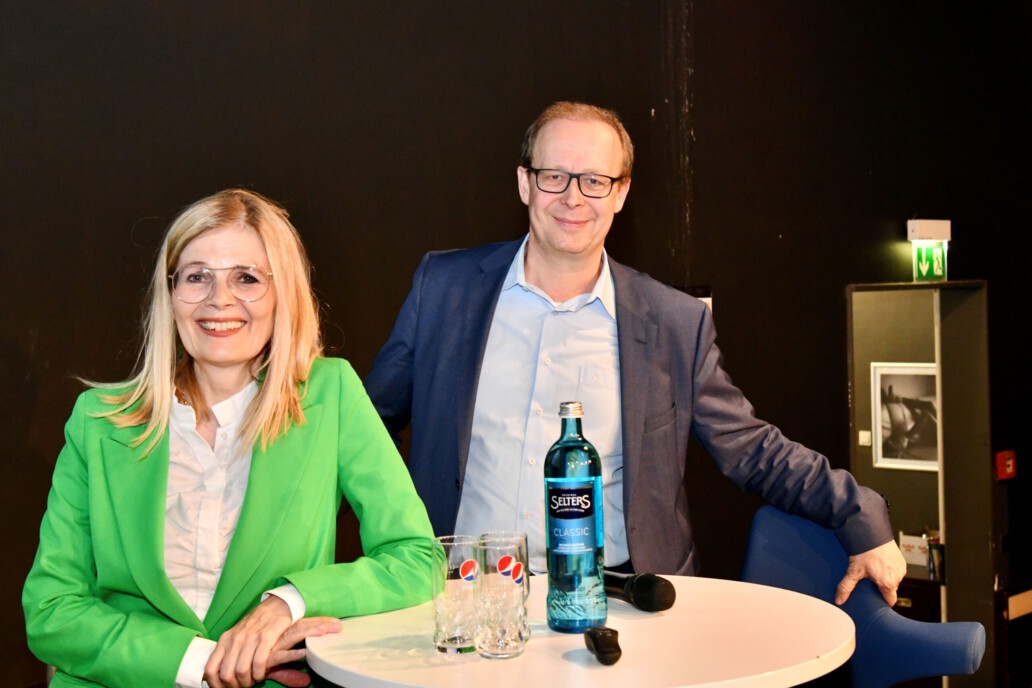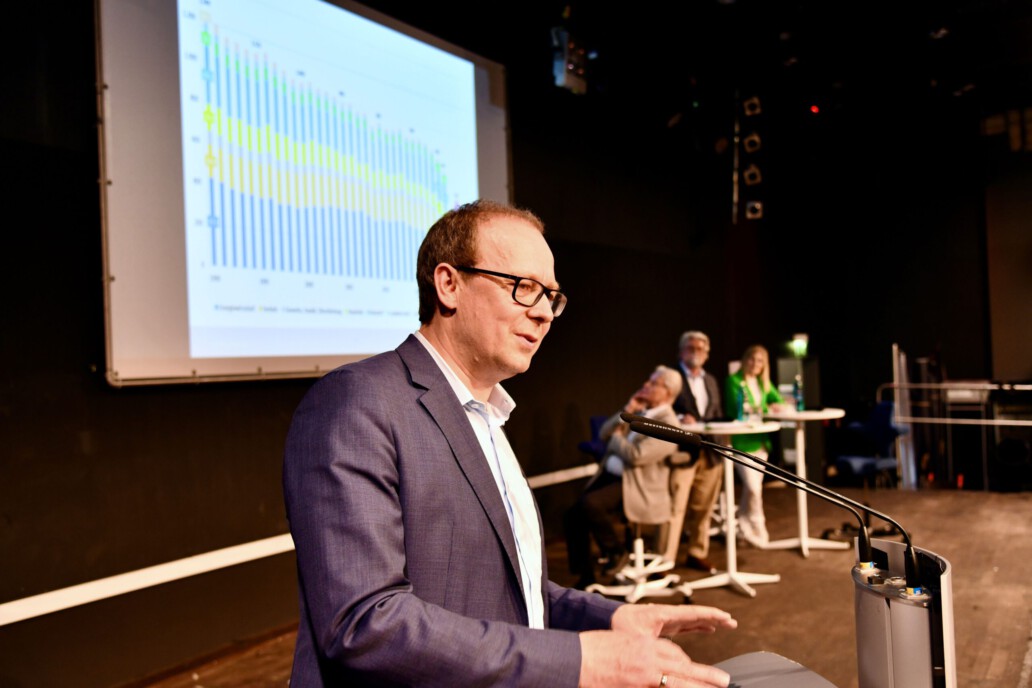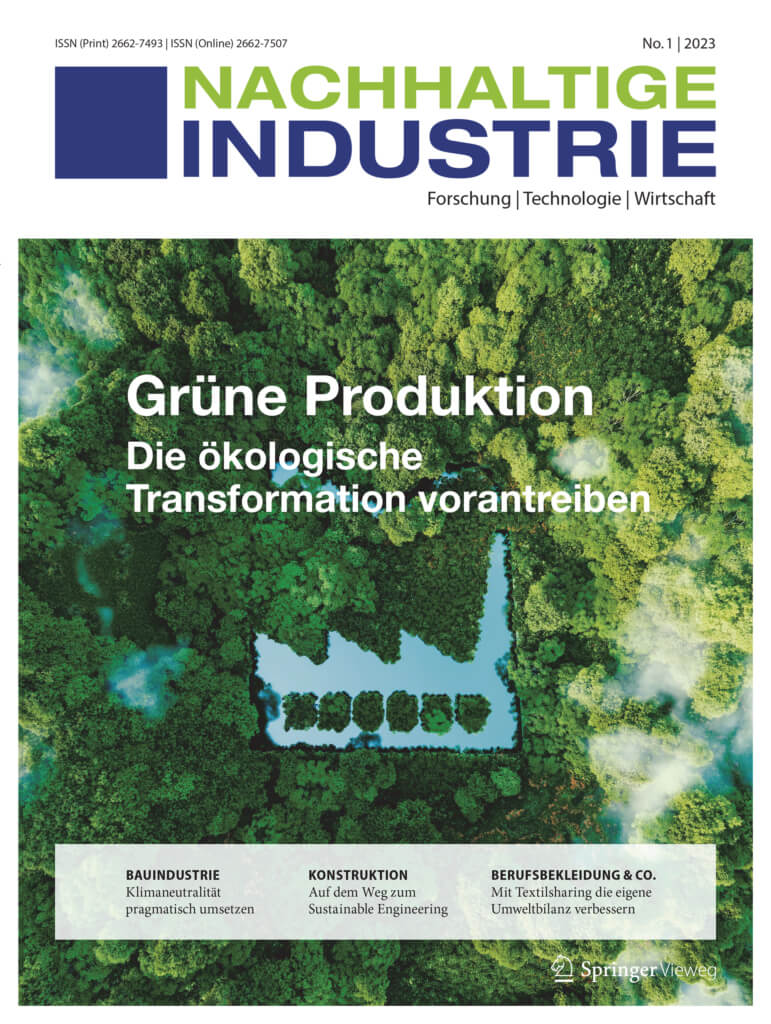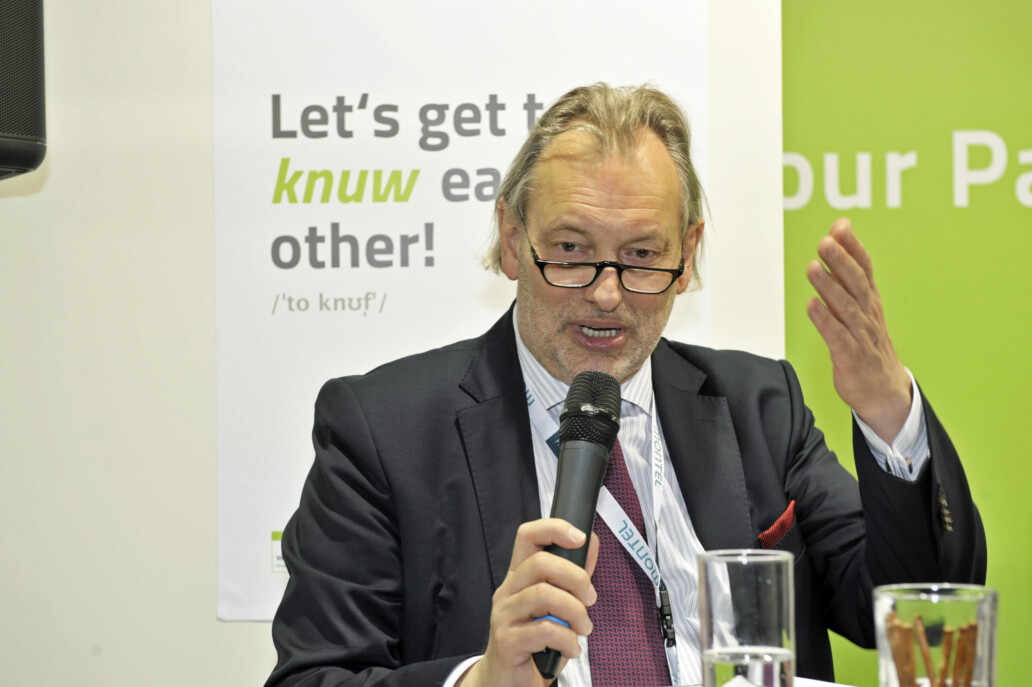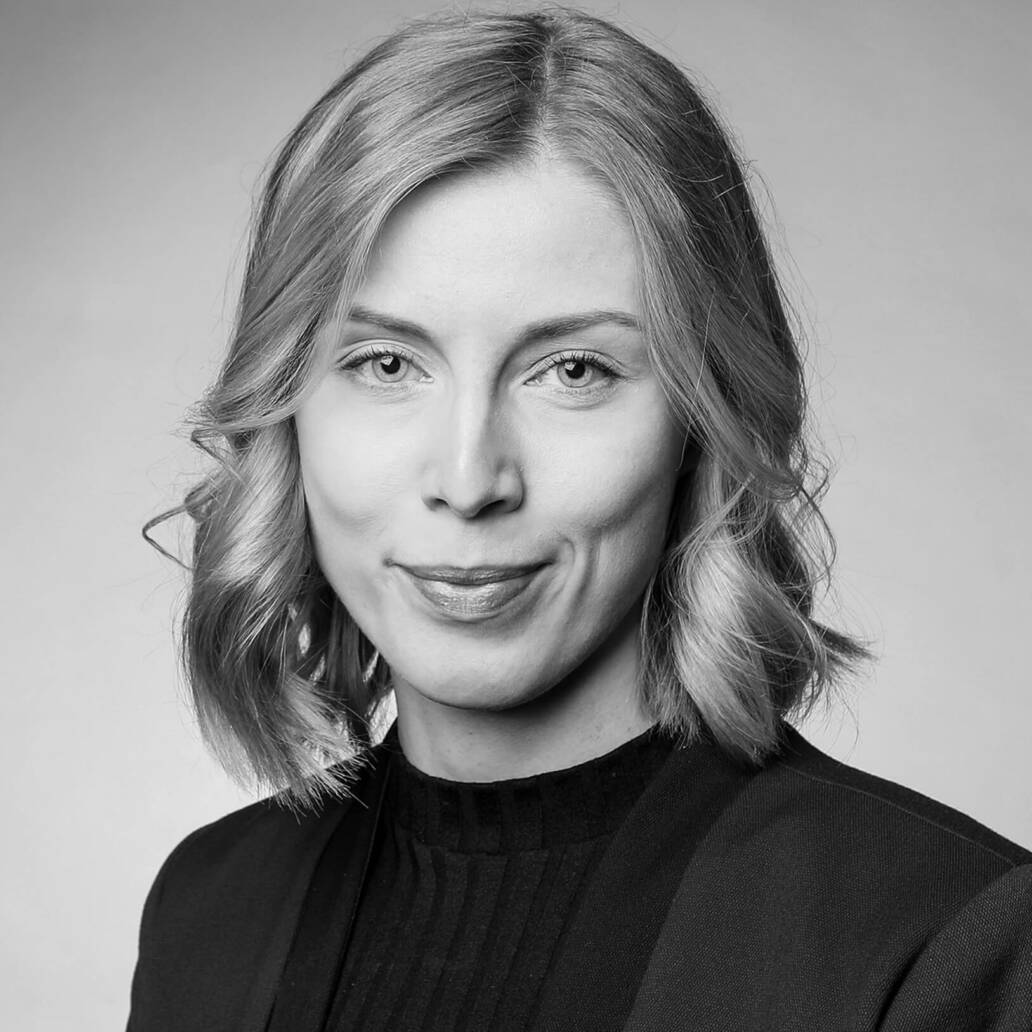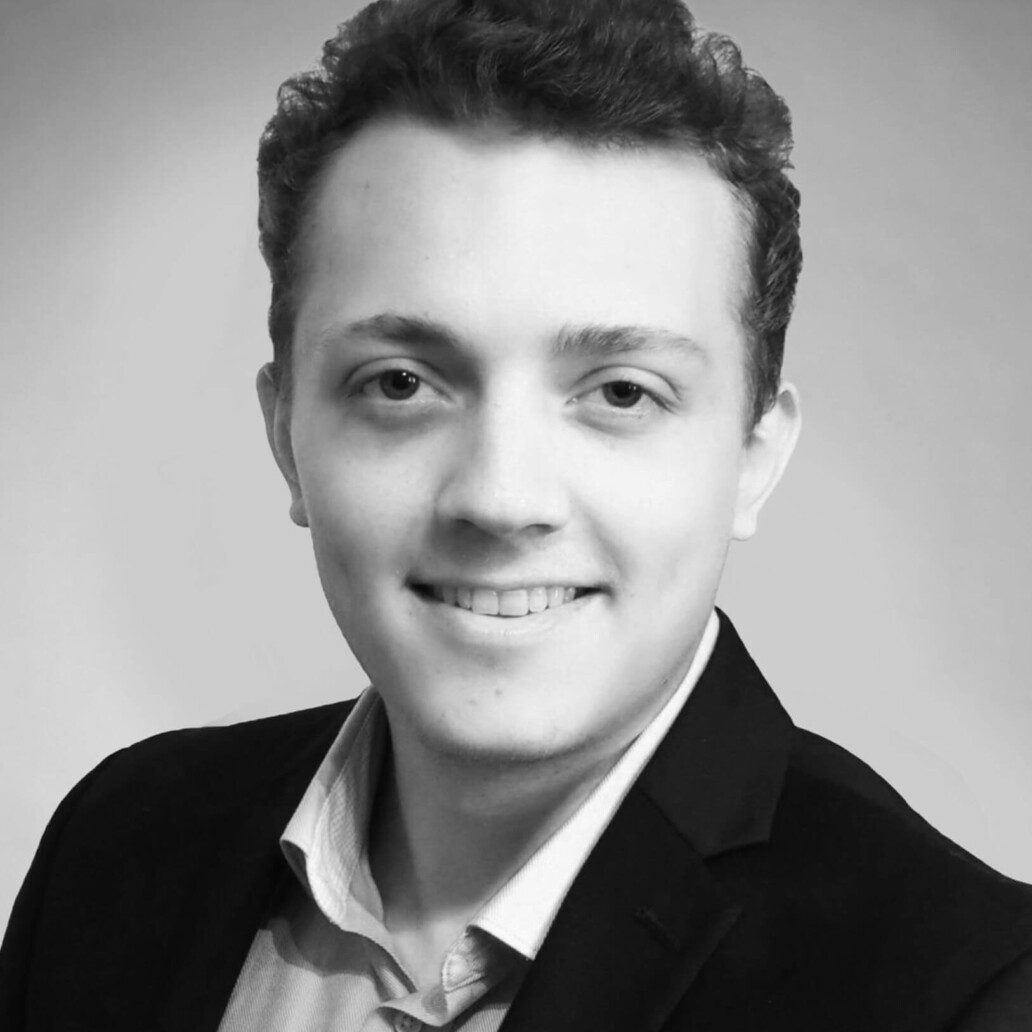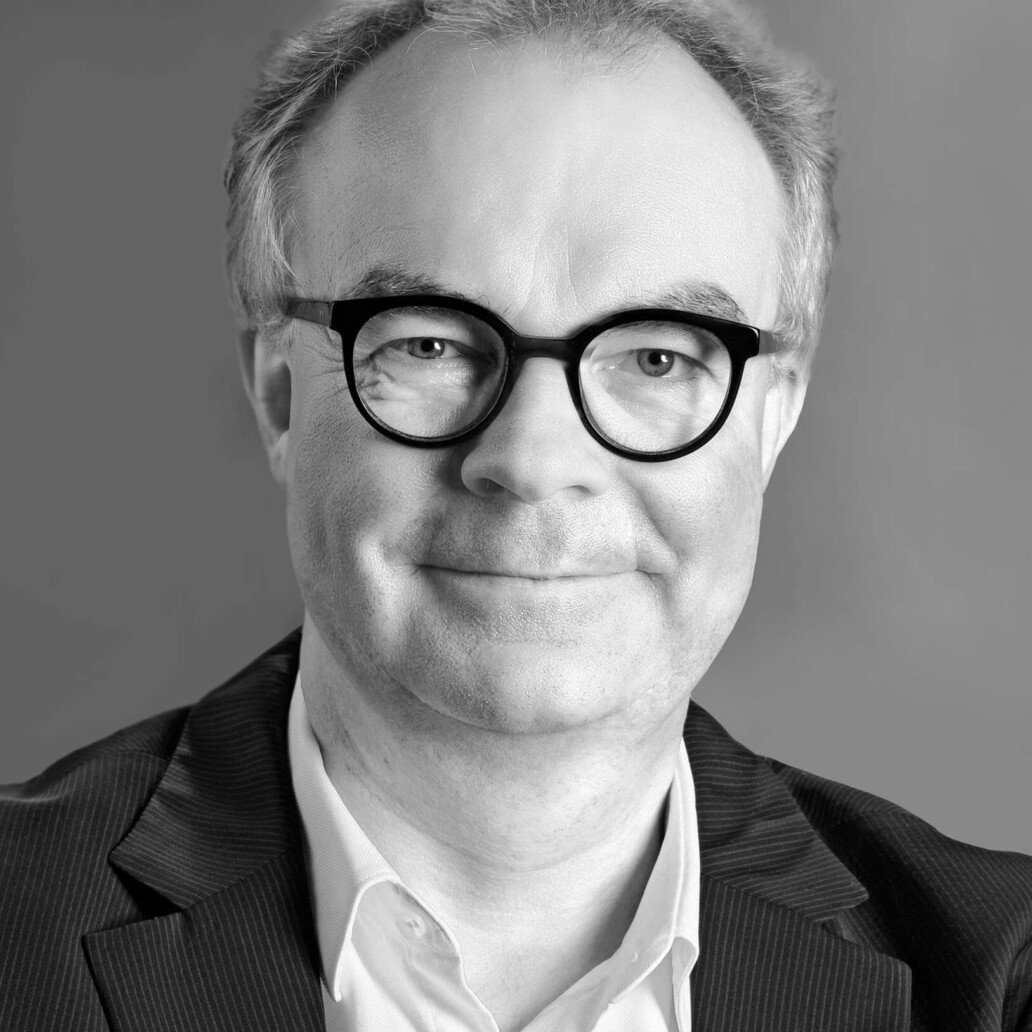Climate-neutral heat transition and innovative business ideas
Month: May 2023

Resources, recycling and climate protection
12th DGAW Science Congress at TU Hamburg
In our regional dialogues at E-world Essen, we spoke with various stakeholders about the challenges and opportunities of the climate-neutral heat transition in Germany and about climate change as a driver of innovative, sustainable business ideas. Germany and North Rhine-Westphalia have set ambitious climate protection targets that require decarbonisation of the energy system and climate adaptation measures. As part of the regional dialogues, young entrepreneurs also discussed their experiences and perspectives in the field of environmental economics in North Rhine-Westphalia.
We would like to express our sincere thanks to everyone involved, including the speakers, moderators and students at Dortmund Technical University, for their commitment and interest in our events. The three days of E-world energy & water provided us with a valuable platform for advancing important topics and showcasing innovative business ideas.
Climate neutrality by 2035
Month: May 2023
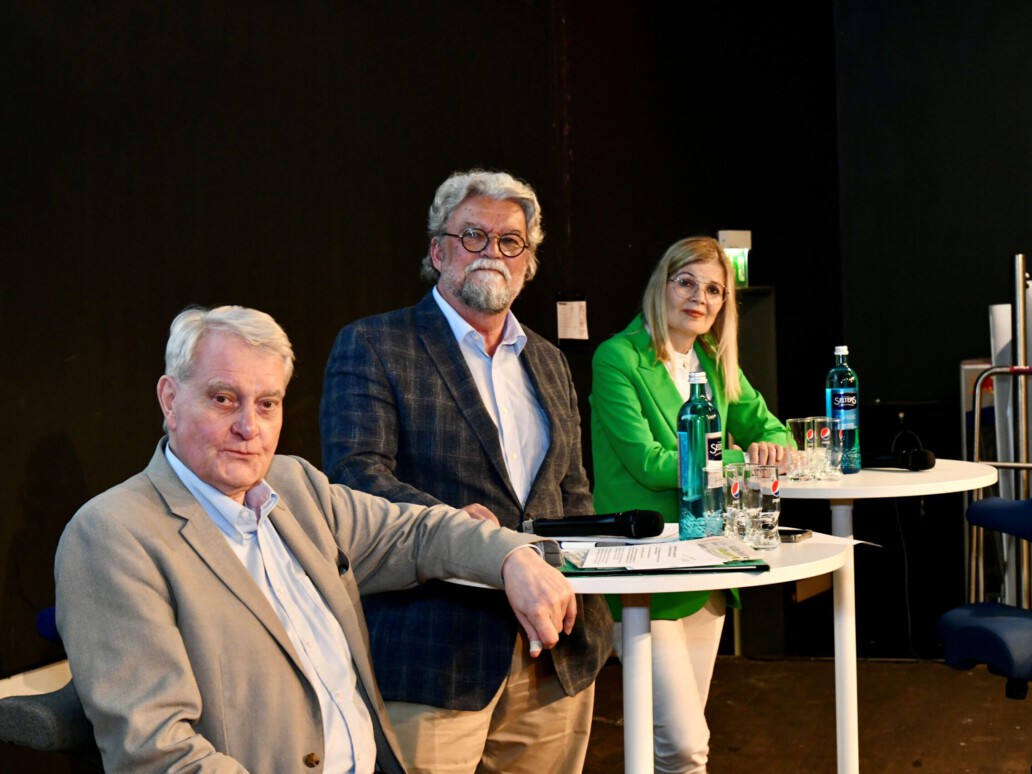
Resources, recycling and climate protection
12th DGAW Science Congress at TU Hamburg
The Climate Protection Act has set climate neutrality by 2045 as its goal. However, the city of Düsseldorf has set itself a more ambitious target: it aims to become climate neutral by 2035.
A key factor in achieving this goal is the expansion of renewable energies. Germany has set itself the target of increasing the share of renewable energies in gross electricity consumption to at least 80 percent by 2030. This is intended to make a significant contribution to combating climate change.
But the question arises: Can we still achieve our climate protection goals, or is it already too late? This important discussion took place during a joint discussion evening organised by the INZIN Institute and the Heimatverein Düsseldorfer Jonges e. V. Experts exchanged their perspectives and ideas in order to find ways to effectively combat climate change.
We would like to thank Prof. Dr. Justus Haucap, Anita Merzbacher, Joachim Umbach and Dr. Ulrich Teich for the stimulating discussion and look forward to continuing our exchange with the Düsseldorf Jonges in the future.
E-world energy & water 2023
Month: May 2023
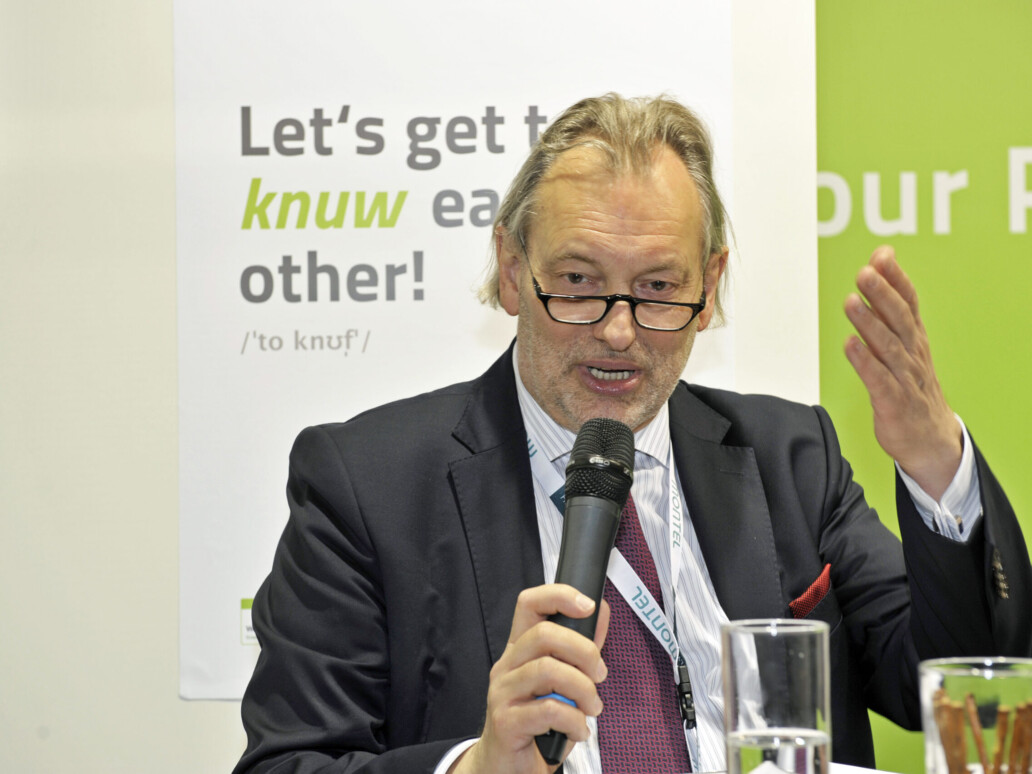
Resources, recycling and climate protection
12th DGAW Science Congress at TU Hamburg
Regional dialogue on ‘Climate-neutral heating transition’ on 23 May, 3 p.m.
The future heat supply in Germany must be climate-neutral, resilient and economical. In our Future Dialogue on 23 May at E-World Essen, we will be talking to stakeholders about the opportunities and challenges of the ‘climate-neutral heat transition’.
The regional dialogue will begin at 3 p.m. with welcoming remarks and an introduction by Dr Peter Markus from the Ministry for the Environment, Nature Conservation and Transport of North Rhine-Westphalia, Christina Zollmarsch from Greentech.Ruhr and Prof. Dr Martin Faulstich from the Competence Network Environmental Economy.NRW. A keynote speech by students from TU Dortmund University on the role of local authorities in the heating transition, using two cities in North Rhine-Westphalia as examples, will be followed by a panel discussion with experts from the heating industry.
Location: E-world energy & water, Essen, Hall 4, Stand 218
Regional dialogue ‘Climate change as a driver of innovative, sustainable business ideas’ on 24 May, 3:30 p.m.
The future heat supply in Germany must be climate-neutral, resilient and economical. In our regional dialogue on 24 May at E-world Essen, young entrepreneurs will discuss their experiences, opportunities and challenges when entering the environmental economy in North Rhine-Westphalia.
The regional dialogue will begin at 3:30 p.m. with welcoming remarks and an introduction by State Secretary Viktor Haase from the Ministry for the Environment, Nature Conservation and Transport of North Rhine-Westphalia, Christina Zollmarsch from Greentech.Ruhr and Prof. Dr. Martin Faulstich from the Competence Network Environmental Economy.NRW. A keynote speech by Oliver Lühr from the Competence Network Environmental Economy.NRW on the topic of ‘Innovation radar for climate change – impetus for the environmental economy’ will be followed by a discussion round with young entrepreneurs and companies, moderated by Sina Nadi from the Centre for Entrepreneurship & Transfer.
Location: E-world energy & water, Essen, Hall 4, Stand 218
More detailed information on the programme for the two regional dialogues can be found here.
We would also be happy to meet you outside of the regional dialogues at our stand in Hall 4, Stand 218 for personal discussions and look forward to talking to you about forward-looking ideas and projects for the green economy in North Rhine-Westphalia. Greentech.Ruhr will also be there as a co-exhibitor.
Jule Jeschonowski-Papstein
Month: May 2023
Master of Science (M.Sc.) Industrial Engineering,
Specialization in production/logistics/manufacturing
Contact
INZIN Institute
Werdener Str. 4
40227 Düsseldorf
E-mail: jule.jeschonowski(at)inzin.de
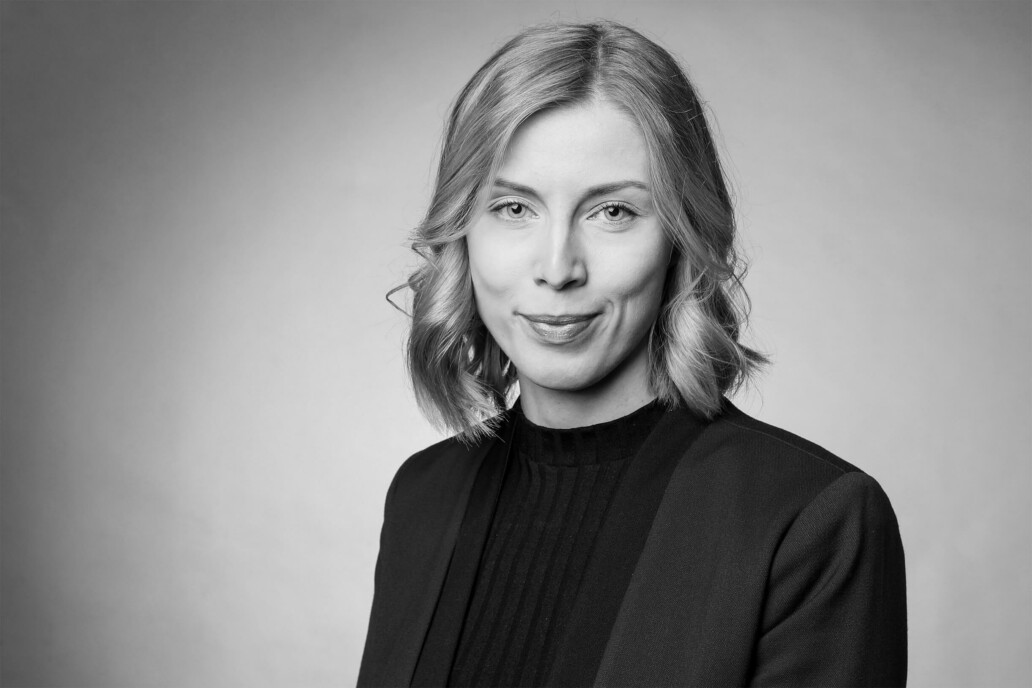
Vita
Jule Jeschonowski-Papstein, born in Nettetal in 1995, has been a scholarship holder at the INZIN Institute in cooperation with Veolia since October 2021. Previously, she worked as a research assistant at the University of Wuppertal in the teaching and research area of construction management and construction industry in the field of modern construction management as well as the digitization and optimization of processes within the framework of BIM. She studied industrial engineering with a specialization in production/logistics and manufacturing at the HS Niederrhein and HS Hamm-Lippstadt. During her master’s degree, she taught statistics as a lecturer and also gained practical experience at Daimler, Deutsche Bahn and Andritz Küsters in the areas of project management and process optimization.
Research topic
In contrast to the linear product life cycle, a material or object in a circular economy becomes the starting product for a new object or material at the end of its useful life. A central aspect of this circular economy is ecodesign. Through a systematic and comprehensive approach to product design, eco-design reduces the environmental impact over the entire life cycle and is therefore one of the measures that attempt to decouple economic growth from resource consumption. There is a great need for research in this area, as previous political and legal efforts have mainly focused on the energy efficiency of energy-related products, but ecodesign also includes many different components (e.g. reparability, recyclability, minimum service life, etc.) that have received little attention to date.
Supervision
Place of doctorate: TU Dortmund
Keywords
Konstantin Saure
Month: May 2023
Master of Engineering (M. Eng.)
INZIN Institut
Werdener Str. 4
40227 Düsseldorf
Tel.: +49 157 54729602
E-mail: konstantin.saure(at)inzin.de
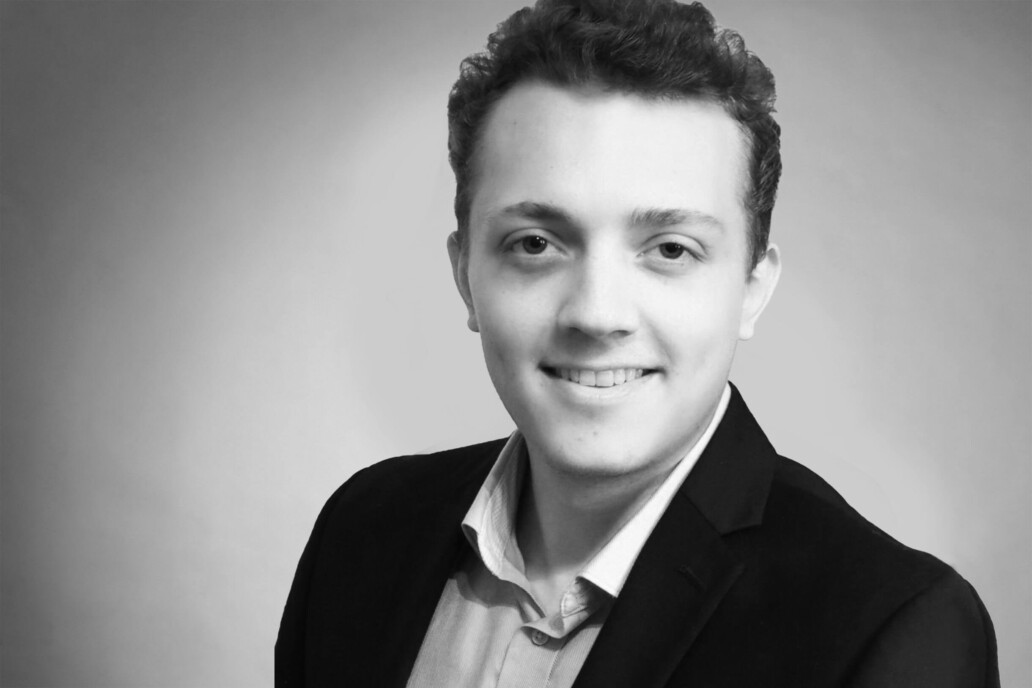
Vita
Konstantin Saure has been a scholarship holder and lecturer at the INZIN Institute since January 2023 and is develops a “Resource strategy for the state capital Düsseldorf” as part of his scholarship at Stadtwerke Düsseldorf. During his Master’s degree, he worked as a research assistant on the state-funded project “WIR!-Bündnis REEgion now – Regionales Wertschöpfungsbündnis Lifelines in NWB”. He completed his Master’s degree in the interdisciplinary course “Energy Efficiency of Technical Systems” at Brandenburg University of Applied Sciences. Prior to this, he completed his Bachelor of Engineering in Mechanical Engineering at the Bonn-Rhein-Sieg University of Applied Sciences.
Research topic
Supervision
Place of doctorate: Faculty of Spatial Planning, Technical University of Dortmund
Keywords
Circular economy, urban material flows, resource management
Andreas Hübner
Month: May 2023
Graduate engineer in spatial planning
Dortmund University of Technology
Faculty of Spatial Planning
Chair of Resource and Energy Systems
August-Schmidt-Straße 10
D-44227 Dortmund
+49 151 22347908
E-mail: andreas.huebner(at)tu-dortmund.de
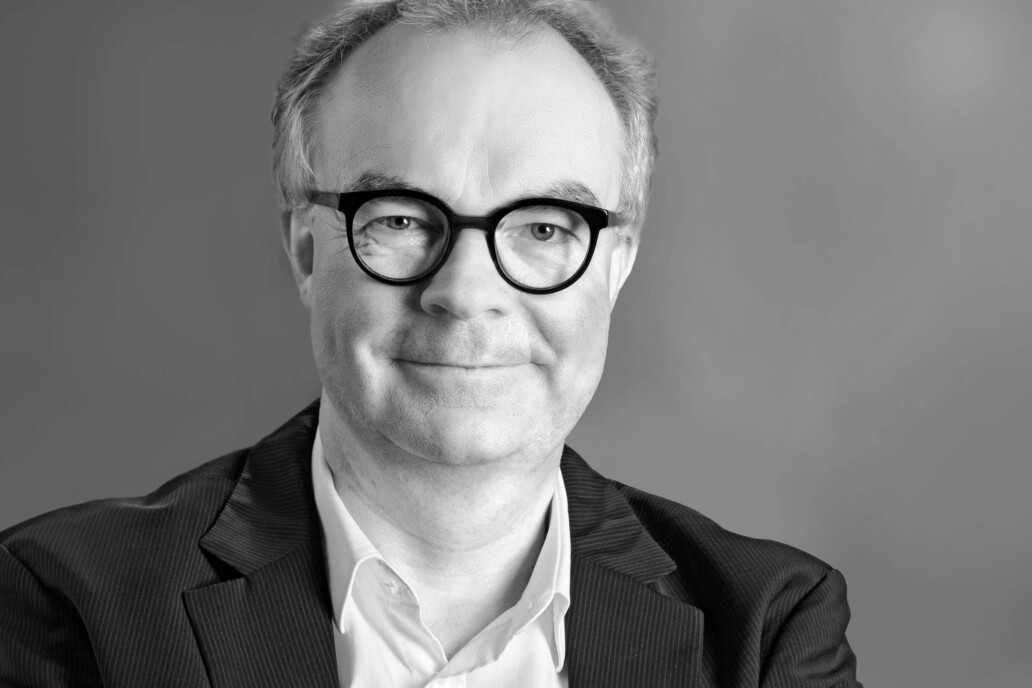
Vita
Andreas Hübner, born in Opladen in 1966, has been a lecturer in municipal climate protection since 2015 and a research assistant at the Chair of Resource and Energy Systems at the Faculty of Spatial Planning at TU Dortmund University since October 2022. He completed his studies in spatial planning from 1986 to 1991 and then joined Gertec GmbH Ingenieurgesellschaft in Essen in 1992, where he has been a partner since 2002 and Managing Director since 2015.
Special areas of focus are municipal and regional energy concepts as instruments of municipal climate neutrality strategies, the climate-neutral development of new residential and commercial areas and the design of transformation processes in municipal climate protection.
Research topic
Over the past three years, numerous major cities in Germany have developed strategies to achieve climate neutrality on the territory of these cities.
The implementation of these climate neutrality strategies is now imminent and it is already becoming apparent that the administrative structures and organizational framework conditions in place to date are not having the necessary impact that can be influenced by the municipality
- in terms of quantity (considerable greenhouse gas savings in cooperation with the municipal community, far beyond the current scope) and
- in terms of the time required (achieving climate neutrality in the period from 2035 to 2045 at the latest)
.
On the one hand, the research project aims to investigate
- which institutional framework conditions can be used to achieve a significantly higher impact in the implementation of municipal climate neutrality strategies and
- how these should be designed in conjunction with local political control and the tasks of the municipal administration.
Supervision
First supervisor: Prof. Dr. Martin Faulstich, TU Dortmund University
Second supervisor: Hon.-Prof. Dr. Mathias Kaiser, TU Dortmund
Place of doctorate: TU Dortmund
Keywords
Municipal climate neutrality strategy, municipal climate protection, climate protection concept
